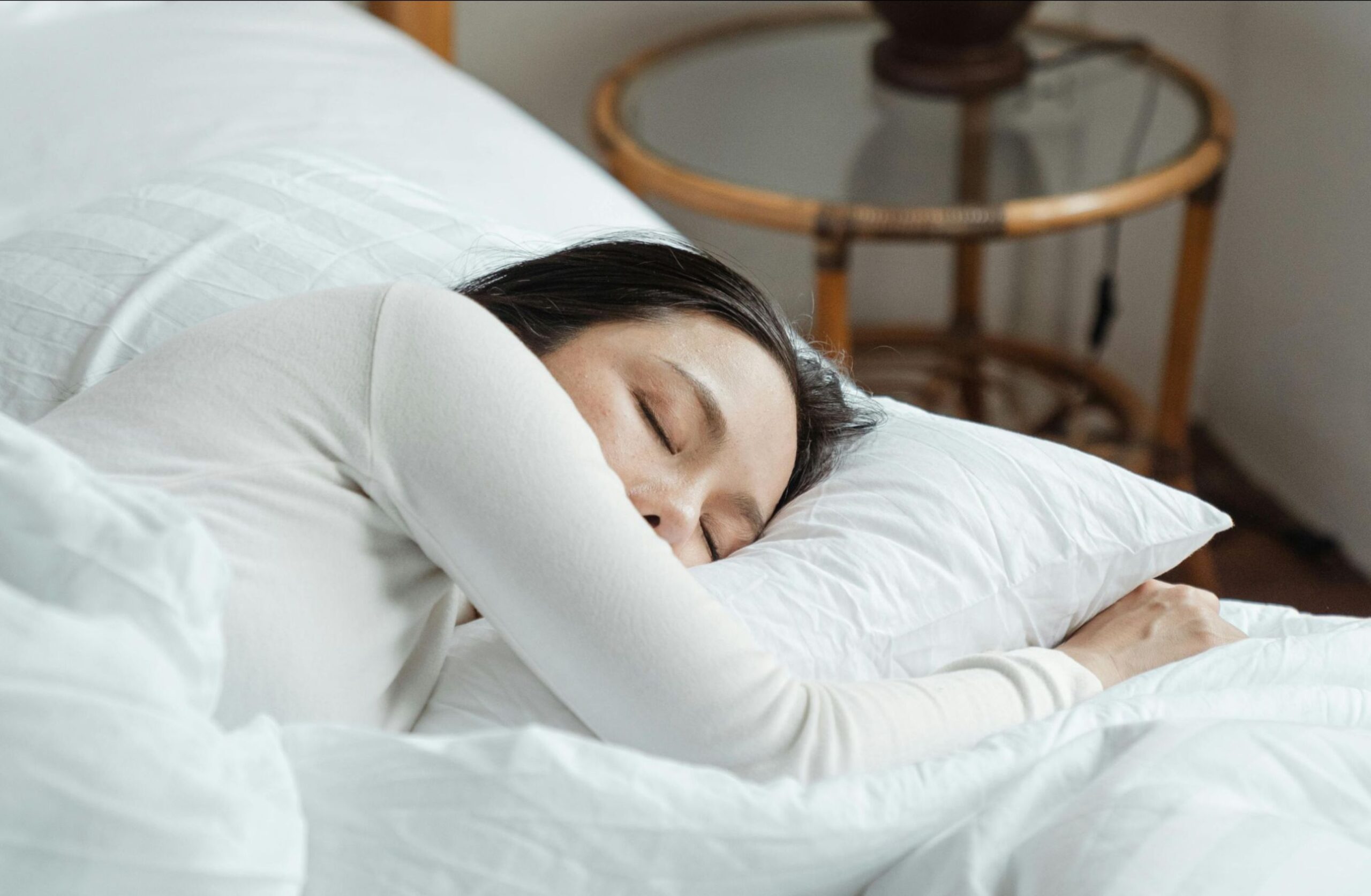Sleep can sometimes be an afterthought in the whirlwind of our lives — yet it is a critical part of our well-being and health.
One analysis of 30,000 Canadians published in Sleep Health reported that women experience “lower sleep satisfaction and efficiency compared to men,” indicating that while men and women get similar amounts of sleep, the quality often differs. This can impact a woman’s health as well as quality of life.
While adequate sleep health is important for everyone, the stakes are even higher for women. As a result of poor sleep, women experience higher levels of psychological distress and indicators of chronic diseases, including heart disease and diabetes.
Scientists and clinicians at WHCC’s member Foundations are working to learn more about gender-based differences in sleep.
The Lois Hole Hospital Women’s Society recently hosted a conversation with sleep researcher Dr. Silvia Pagliardini, of Alberta Women’s Health Foundation, and Registered Psychologist Vanessa Colombina from the Pine Integrated Health Centre called “Between Us: An Interactive Talk on Sleep and Sleep-Related Challenges.”
As part of the conversation, Dr. Pagliardini and Vanessa Colombina discuss how sleep interruptions or inconsistencies can make even simple tasks feel challenging, communication with others strained, and life seem overwhelmingly difficult. Here are a few key takeaways from that conversation:
- Sleep disorders related to disturbances in the respiratory network in the brain can occur during sleep, particularly in menopause. Sometimes, conditions like sleep apnea can become a problem and affect the quality of sleep and overall well-being.
- Hormones and role changes have an impact on women’s sleep. Vanessa Colombina recommends taking a multifaceted approach that includes mindfulness and cognitive-behavioural therapy. This can help manage these challenges.
- Dr. Pagliardini’s research on the effects of the hormone offers insights into potential treatments for sleep-disordered breathing conditions. This research can lead to improved management of sleep disorders.
- Vanessa Colombina says that by addressing both the mind and the body, individuals can improve their sleep quality and overall well-being.
The talk can be viewed in its entirety here.
Sleep Tips
If you’re having trouble getting a good night’s rest, Sleep Foundation has some tips for ensuring high quality sleep. These include:
- Setting routine bed + wake times
- Limiting caffeine + alcohol intake
- Creating a calming bedtime routine
- Exercising for at least 20 minutes a day
- Reaching out to your doctor for support
To learn more, check out Sleep Foundation’s “Healthy Sleep Tips For Women.”
